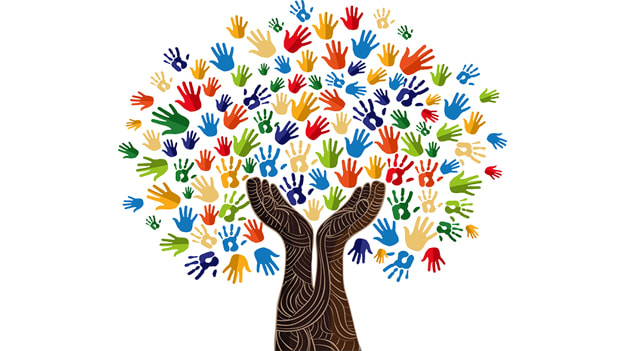Welcome to the second part of my blog.
A few months ago, we talked about EFL Acquisition in Multilingual Contexts. Now it is the turn to review the Cultural Aspects of Learning and Teaching English As a Foreign Language.
In this course (and blog!) we are going to learn about what is culture, and its theoretical approaches, we will talk about stereotypes, ethnocentrism and ethnorelativism, we will learn about cross-cultural differences, culture in the classroom and approaches (and how we can teach and integrate culture in our lessons), as well as the verbal and non-verbal aspects of communication in English, that relate to culture.
As a previous disclaimer, there is still a lot to learn as a student teacher. I love learning about new cultures, so every comment is welcomed. Likewise, this blog is part of a course named Cultural Aspects of Learning and Teaching English As a Foreign Language and each entry, except for this one, is related to a forum with different topics to touch on that we have previously seen and discussed in class.
Let's get started, shall we? It is time to immerse in Cultural Aspects of TEFL.

Comments
Post a Comment